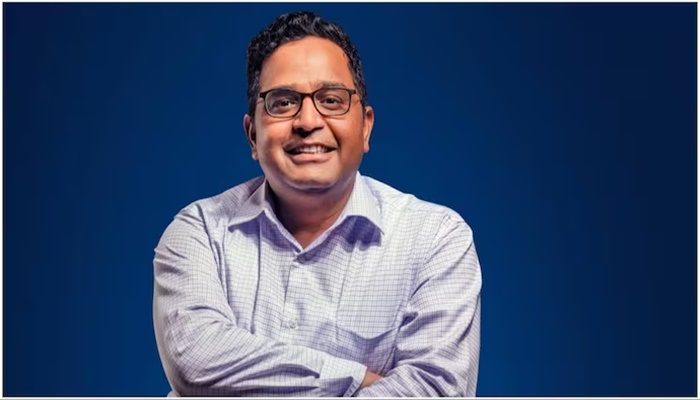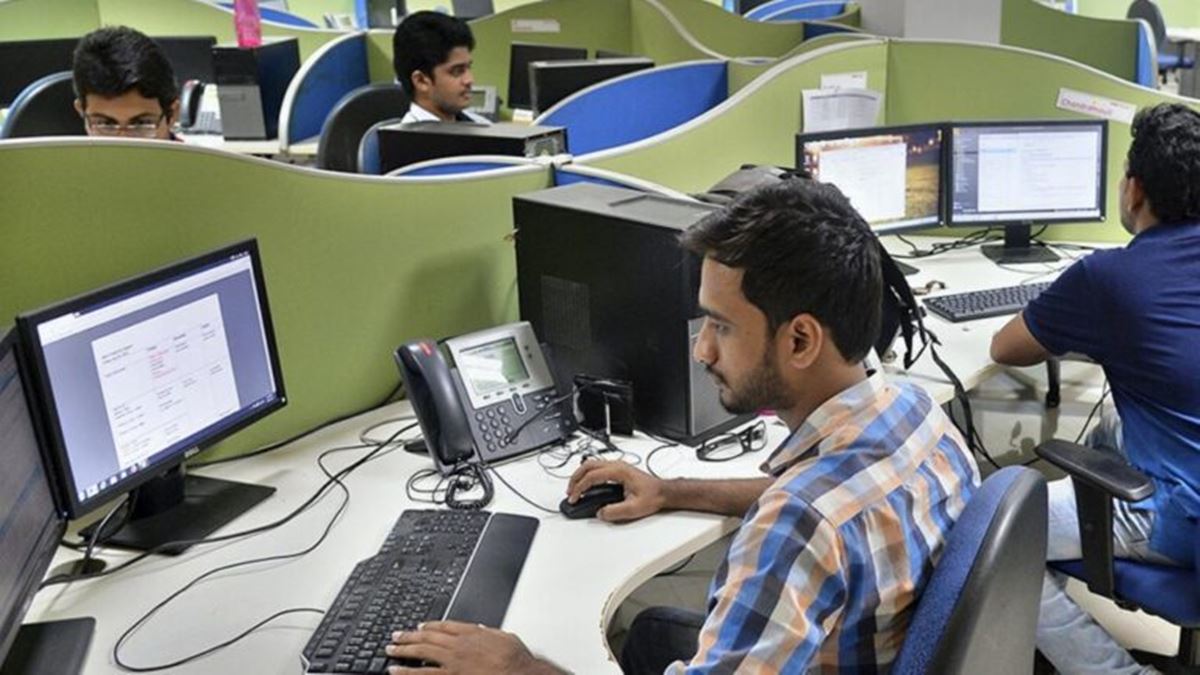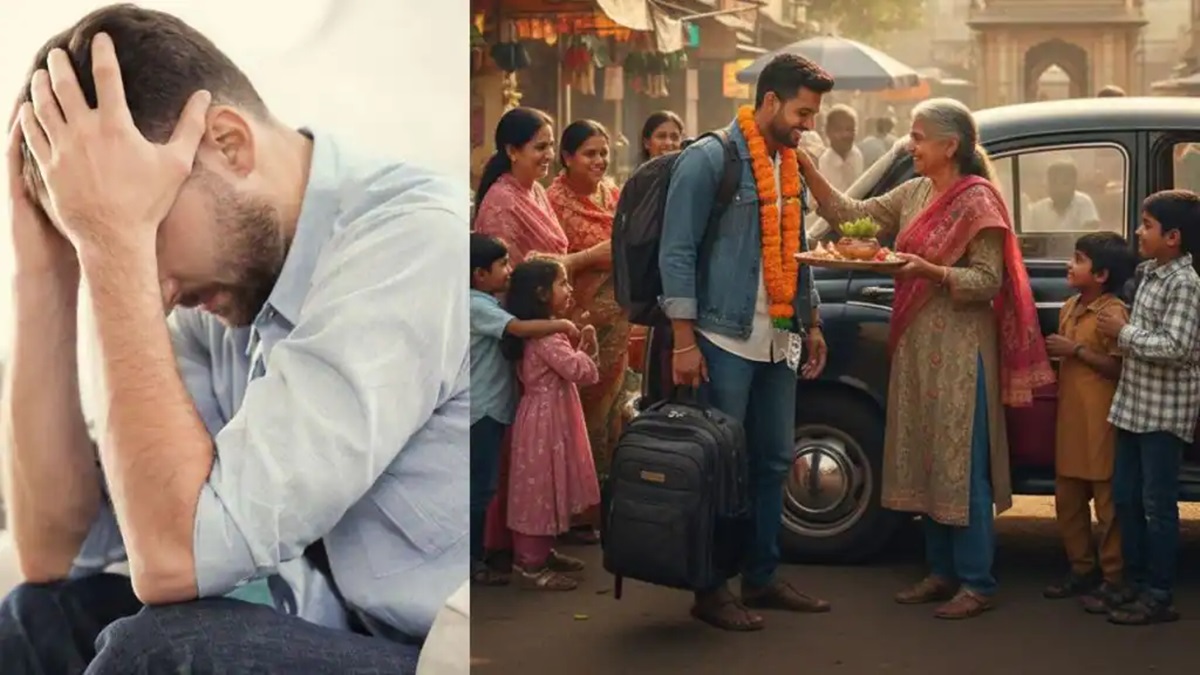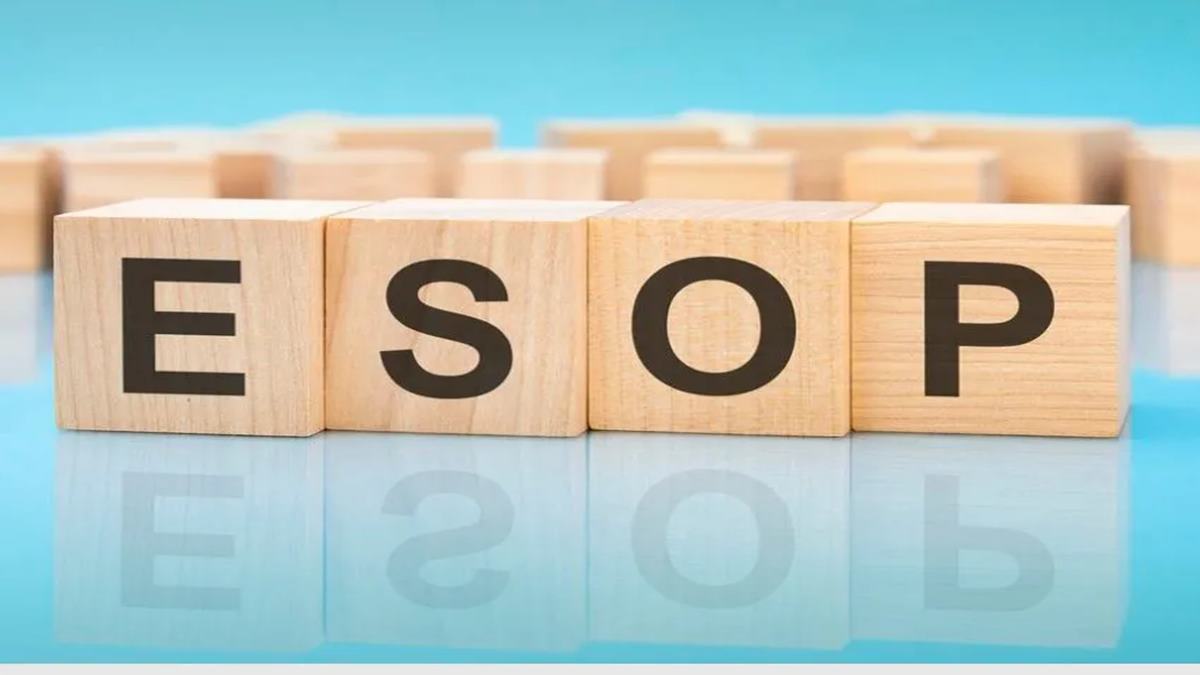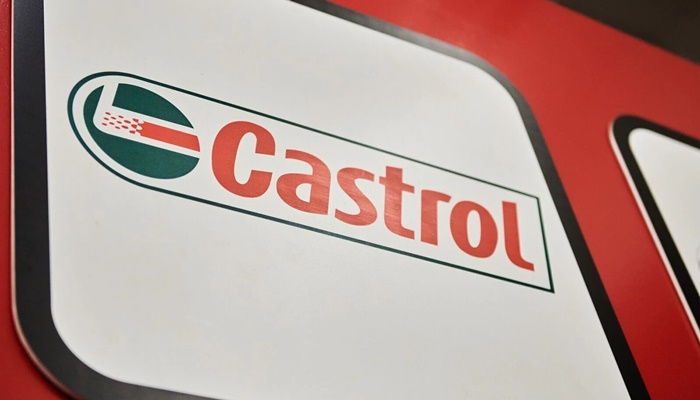The irony was not lost on Maria P Valles. As vice-president of people and culture at Castrol India, she was tasked with preparing the workforce of a company built on engine oils for a future where engines might become obsoletein long term future and will be replaced by electric drives. Castrol is ready with EV fuels and is already supplying to all major OEMs. “We recognised that the transition underway was more than just about changing products—it demanded an overhaul of mindsets, tools and talent,” she says.
The challenge facing Castrol India mirrors that of countless firms across traditional industries. Electric vehicles, which require minimal lubrication compared to internal combustion engines, pose newer challenges to a company whose fortunes have long been tied to high-performance engine oils. Add to this the rise of digitalisation, shifting consumer expectations, and sustainability targets, and the automotive industry finds itself at a crucial inflection point.
Rather than retreat, Castrol India has chosen to confront this disruption head-on through an ambitious reskilling programme that extends from the shop floor to the boardroom. The company’s approach represents a test case for how established firms can reinvent their workforce when their core business model faces fundamental change.
The digital pivot
The transformation began with a recognition that traditional learning models were inadequate for the pace of change. Castrol India introduced “Grow at BP”—an AI-powered platform that creates personalised learning journeys for employees. The system maps existing competencies against evolving role expectations and delivers tailored learning modules across devices.
“What sets our approach apart is how seamlessly we link learning to performance,” explains Valles. “Every employee’s annual goals include at least one mandatory development-focused goal, reinforcing that growth is not optional but expected.”
The company claims this approach has fundamentally altered how learning is accessed and consumed within the organisation. Employees can now receive learning suggestions tailored to their development needs and access content during their daily workflow rather than in separate training sessions.
Multi-layered capability building
Castrol India’s programme operates across multiple levels simultaneously. At the leadership tier, Project DRONA targets over 100 line managers, strengthening people-leadership skills through real-world scenarios and peer coaching. Leadership development modules cover everything from conflict management to goal setting, accessible through the company’s internal learning platform.
For sales and frontline teams, year-round capability workshops emphasise value selling, collaboration, and customer centricity. The content is channel-specific, ensuring relevance to real-time challenges and opportunities.
The company has also redesigned its apprentice programme in plants, achieving what it claims is a remarkable 53 per cent female representation in a traditionally male-dominated sector. Women in frontline roles receive support through dedicated networks in sales and supply chain functions.
“Women in frontline roles are supported through our Women in Sales and Women in Supply Chain networks,” says Valles. “These initiatives provide coaching, peer connections and allyship to help women grow in roles where representation is often scarce.”
Beyond the corporate walls
Perhaps most telling is Castrol India’s recognition that its transformation cannot occur in isolation. The company has extended its skilling efforts beyond its corporate boundaries through its CSR initiative, Castrol Eklavya, which it says has empowered over 200,000 two-wheeler mechanics across India.
The EV Readiness Programme—an eight-hour hands-on training covering electric vehicle fundamentals and diagnostics—has trained over 1,000 independent mechanics. These external programmes serve a dual purpose: strengthening the broader industry whilst building goodwill for Castrol’s brand across India’s vast aftermarket network.
Measuring success
Castrol India tracks learning effectiveness through course completion rates, engagement levels on its digital platform, pulse survey results, and qualitative feedback from performance reviews. The company uses real-time feedback tools to ensure content continuously evolves to meet learners’ needs.
The ultimate measure of success, according to the company, lies in internal promotions, cross-functional transitions, and improvements in business KPIs. Valles points to the Castrol Auto Service Network as evidence of impact: “Targeted upskilling in digital diagnostics, customer service and EV readiness among partners has led to measurable improvements in sales and customer satisfaction.”
She cites one service partner in Western India who saw dramatic increases in business and brand reputation—results he credited directly to Castrol’s learning programmes.
The zigzag path forward
Central to Castrol’s approach is what it calls a “zigzag career model”—promoting lateral movement across functions as a path to leadership. Whether it’s a sales employee moving into marketing or a supply-chain executive exploring sustainability, the company encourages and equips employees to make these transitions.
Through talent reviews and cross-functional hiring, Castrol India says it is actively grooming future leaders who have a 360-degree view of the business. This approach reflects the company’s belief that surviving industry disruption requires leaders who understand multiple facets of the business.
The wider implications
Castrol India’s comprehensive reskilling effort represents more than corporate adaptation—it’s a blueprint for how traditional industries might navigate existential challenges. By placing learning at the heart of business strategy rather than treating it as an HR afterthought, the company is attempting to transform potential obsolescence into competitive advantage.
Whether this approach will prove sufficient as the automotive industry’s transformation accelerates remains to be seen. But in demonstrating that established firms can proactively reshape their workforce for an uncertain future, Castrol India offers a compelling case study in corporate reinvention.
The company’s success will serve as a bellwether for how traditional industries can adapt when their fundamental business models face disruption. In the meantime, Castrol India continues its bold bet that its people—properly trained and motivated—can lead the company through its most challenging transformation yet.
Source – https://www.hrkatha.com/features/how-castrol-india-is-retraining-its-workforce-for-the-electric-age/



